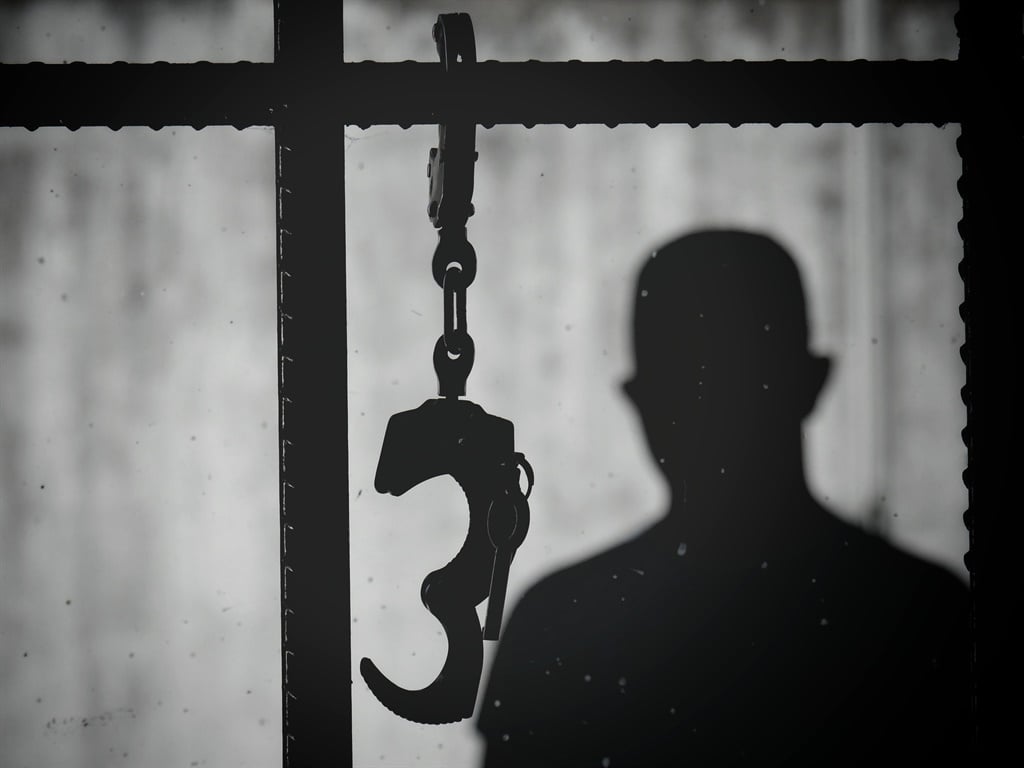
- Four serial killers won't be placed on parole anytime soon.
- The correctional services department said the four were not yet ready to be returned to society.
- One of the killers, Stewart Wilken, raped the decomposed bodies of the little boys he killed.
Four South African serial killers, who collectively killed 59 people, won't be released from prison soon, despite the fact that they have served the minimum sentence and may be considered for parole.
The correctional services department believes they're not yet ready to be returned to society.
Christopher Mhlengwa Zikode, 48, killed eight people, tried to kill two others, and raped five. He raped some of the corpses as well. He was sentenced to 140 years in 1997.
The department's spokesperson, Singabakho Nxumalo, said Zikode's profile had been submitted for parole consideration on three occasions, but was rejected.
Stewart Wilken, 56, killed seven people, including his 10-year-old daughter. He also raped the decomposing bodies of his victims.
He was handed seven life sentences in 1998.
Nxumalo said Wilken's profile had also been submitted for parole consideration on three occasions, but was rejected each time.
Cedric Maake, 58, who was dubbed the Wemmer Pan serial killer, killed 27 people, raped 14, and attempted to kill 26.
He was handed 27 life sentences in 2000.
His profile was submitted for parole consideration on two occasions, but was rejected.
Lazarus Mazingane, 47, killed 17 people and raped 24.
He was handed 17 life sentences and over 700 years in prison in 2002.
Nxumalo said Mazingane's profile was submitted twice, but he was never considered for parole.
"The four inmates mentioned in your enquiry are all doing multiple life sentences, and their parole considerations have not been successful as they are deemed not ready to reintegrate back into society," Nxumalo said.
According to Nxumalo, all inmates are eligible to be considered for parole placement after serving the minimum required time.
He added:
"All offenders sentenced to life imprisonment between 1 August 1993 and 30 September 2004 must be considered for parole after serving a minimum imprisonment of 12 years and four months," said Nxumalo.
Those sentenced to life after 30 September 2004 may be not be placed on parole until they have served at least 25 years of the sentence.
"Placing a lifer back into the community has to satisfy all the structures in the parole consideration process in terms of rehabilitation and the risk involved. When not ready for parole placement, recommendations are made in terms of further interventions, which will assist the inmate in the rehabilitation process.
"Hence, files are returned, clearly stating the required interventions and the time-frame before that profile is to be submitted once more," he said.


